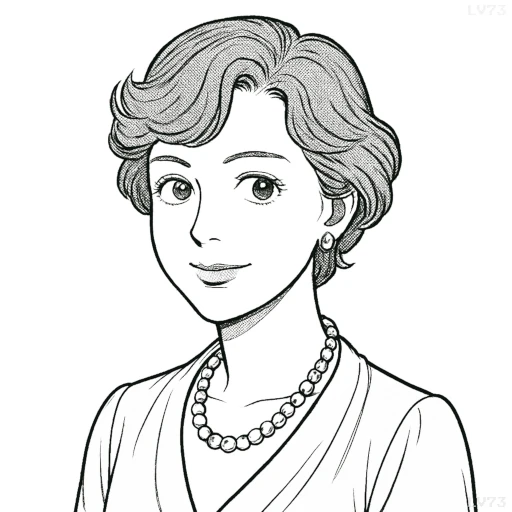“Justice cannot be for one side alone, but must be for both.”

- October 11, 1884 – November 7, 1962
- American
- First Lady of the United States, Diplomat, Human Rights Advocate, Chair of the UN Human Rights Commission
table of contents
Quote
“Justice cannot be for one side alone, but must be for both.”
Explanation
In this quote, Eleanor Roosevelt affirms the foundational principle of fairness, stating that true justice must apply equally to all parties involved. When justice is skewed to favor only one side, it ceases to be justice—it becomes bias or vengeance. Equity and impartiality are essential, even when emotions, loyalties, or ideologies may tempt us to see only one perspective.
Roosevelt’s advocacy for human rights, both in the United States and globally, was rooted in universal moral standards. As chair of the United Nations committee that drafted the Universal Declaration of Human Rights, she emphasized that justice must transcend national, racial, or political divides. Her quote reflects a deep belief that lasting peace and dignity depend on the application of justice to all sides, not just the ones we favor.
In today’s polarized world, this message is especially urgent. Whether in courtrooms, politics, or social movements, Roosevelt reminds us that partial justice is no justice at all. To uphold justice in its truest form, we must be willing to listen, empathize, and apply principles even when it’s uncomfortable or challenges our assumptions. Only then can justice serve not one interest, but humanity as a whole.
Would you like to share your impressions or related stories about this quote in the comments section?




